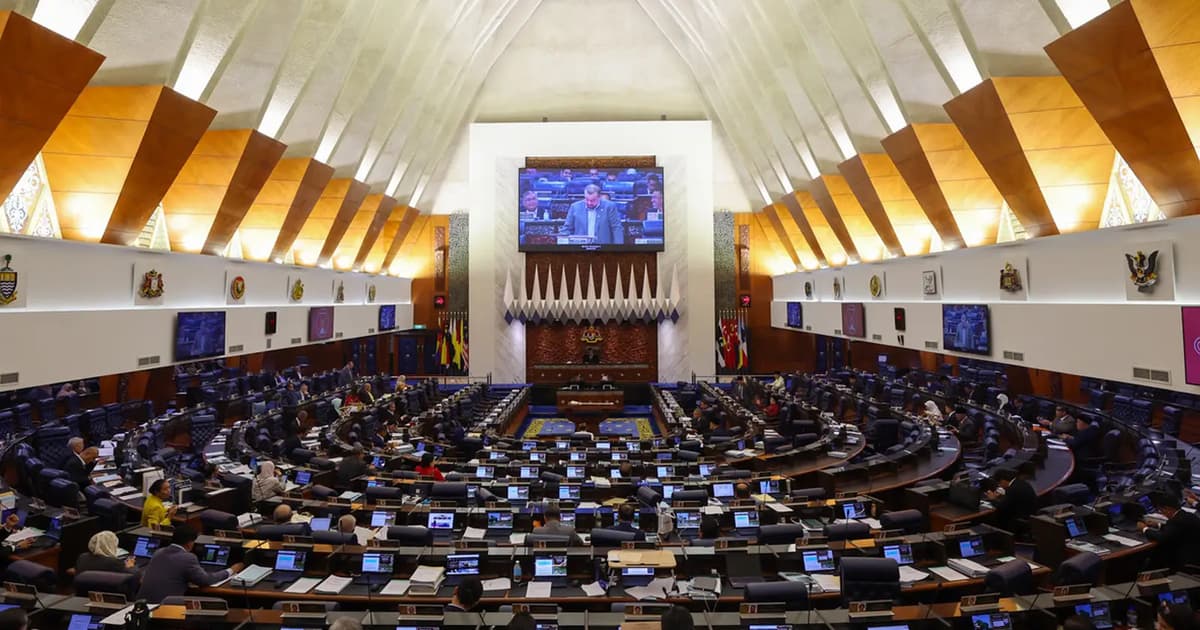
The government is facing increasing calls to ensure the Government Procurement Bill, which was tabled for a second reading today, goes through proper scrutiny before being passed.
The Institute for Democracy and Economic Affairs (IDEAS) said the review process should include consultations with civil society organisations (CSOs) to ensure the bill reflected best practices and public interest.
Transparency International Malaysia (TI-M) said it was crucial that public input be provided to a law that would determine how billions in public funds would be spent.
Yesterday, the Center to Combat Corruption and Cronyism (C4) called for the bill’s second reading to be postponed after expressing concern that it might be “bulldozed through” and legislated without sufficient debate and feedback.
In a statement today, TI-M noted that CSOs such as itself were not given access to the bill’s text before its tabling in the Dewan Rakyat.
It said although the finance ministry held several engagement sessions, no draft text was ever shared, and stakeholders only saw the bill for the first time when it was introduced this week.
“Consultations without the bill in hand are not real consultations. They are box-ticking exercises. Malaysians deserve genuine participation, not empty gestures,” said TI-M president Raymon Ram.
He pointed out that all three readings of the legislation had been scheduled within the span of a single week, and said pushing through all three readings of a far-reaching procurement law in just one week was “reckless and unacceptable”.
He also said it silenced meaningful debate, undermined the credibility of reform, and contradicted the government’s own promises of transparency and accountability.
Raymon said while public procurement reform had been repeatedly presented as central to the National Anti-Corruption Strategy, bulldozing the bill through without public review or proper debate would send the public a different signal.
“This process betrays the very principles of open governance and anti-corruption that the government claims to champion,” he said.
“A law rushed through without consultation, and riddled with discretionary loopholes, will not clean up procurement. It will only create a hollow reform, one that looks good on paper but fails in practice.
“The government must delay, amend, and get this law right. Anything less is a betrayal of public trust.”
IDEAS noted that this was not the first time that bills of significant public interest had been tabled without adequate time for meaningful input from CSOs and experts in the field.
“Stakeholder engagements on general principles are insufficient, it is the final drafted law that requires time for scrutiny and feedback,” said IDEAS CEO Aira Azhari.
She urged the government to send the bill to the parliamentary select committee on finance and economy for review after stating that it contained “serious gaps” and fell short of international standards on transparency and oversight.
IDEAS said a key concern was the wide discretion granted to ministers, such as allowing the finance minister or chief ministers of states to exempt “one-off allocations” to GLCs and statutory bodies from the bill entirely.
The think tank said the bill also allowed the finance minister to determine procurement methods beyond competitive bidding, leaving decisions open to political influence.






